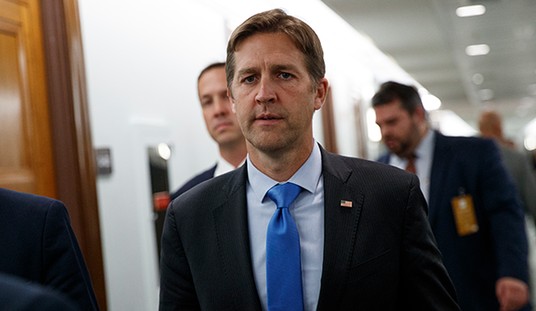Paul Berman has published another must-read essay in The New Republic for the tenth anniversary of 9/11. As in his past work on this subject, he places radical Islamism in the totalitarian column alongside communism and fascism, and he argues that the power of ideas is the engine that drives (or has driven) them all.
Readers of his masterful work Terror and Liberalism
A comparison of the Arab spring to the Eastern Bloc revolutions of 1989 does seem apt, if you bear in mind that Eastern Europe’s success stories are not its only stories. Once the communist system had lost its legitimacy, every country in the old Soviet bloc found itself caught in a three-way battle over the shape of the new society. The heroic anti-communist dissidents, basking in their glory, stood in one corner, upholding the principles of liberal democracy, although not always in a well-defined form. Ethnic haters stood in another corner, trying to incite pogroms and wars—the ethnic haters, whom the old communist regimes had always invoked as the justification for communist dictatorship. The communists themselves occupied still another corner, vacated of any doctrine but in no rush to vacate their offices, too.
In each country, the three-cornered battle yielded its own result: a mostly brilliant liberal success in the Czech Republic, besprinkled for a little while with fairy tale elements; an unexpected alliance of liberals and reformed communists in Poland, who succeeded in tempering the ethnic haters, who maybe were not so dangerous to begin with; a catastrophic fusion of ethnic haters and old communists in Serbia, supported by Russia; a communist continuity in Russia itself, with the ideology shrunken to nostalgia and a cult of the state; and so forth. The successes have been marvelous. As for the failures, we have not yet even learned the basic facts, given that the grisliest failures of all took place not even in the Balkans but along Russia’s southern border, simmering even now, more than twenty years later, where very few reporters have ever been.
The Arab anti-authoritarian revolts are likely to produce a range of experiences something like this, except without the fairy tale aspects. The three parties are going to be the Facebook liberals and their friends, basking in glory; the old mukhabarat or secret police and military regimes, in the role of the de-ideologized East Bloc communists; and the Islamists, mainstream and ultras, in the role of the ethnic haters (though collective hatreds take other forms, as well). Only the whole weight of forces in the region appears to tilt more ominously than it did in Eastern Europe. It is cheering to reflect that nowhere at all did Islamists lead the revolutions, which suggests that something in the Islamist movement may be out of step with the times. And it is doubly cheering to reflect that Islamism’s most extreme wing played no role at all. Nowhere at all did Al Qaeda or its allies look like a revolutionary vanguard.
Even so, the Islamist advantages are painful to enumerate: the backing of Iran, huge organizations, mosques, a powerful and weathered sense of discipline linked to a long-haul strategy, experienced leaders, and financing that appears to be unlimited. Even apart from Iran, Islamists already control Gaza and portions of Lebanon and its government, and militias prowl Iraq, and the ultras have shown themselves capable of seizing parts of Yemen. The factional divides among the Egyptian Islamists do not appear to be crippling, and may even prove to be useful. Who will stand in those people’s way? The Egyptian army, which must be dreaming of action, is also maneuvering to survive, and if the generals have not already cut a deal, surely they are working on one, which can only mean that, in the Arab world’s leading country, the army and the Brotherhood are arranging a do-over of their unfortunate falling-out in 1952, and this time the results will make room for both of them.
[…]
[I]t might be useful to recall the Middle Eastern landscape of ten years ago. It was not a spectacle of hope. The whole region seemed to be veering in terrorist directions, with battles almost everywhere going on between Islamists of different stripes and mukhabarat regimes, likewise of different stripes, ranging from the bad to the ghastly. And ten years later? Dismal still, in a kaleidoscopically different pattern. Anyone can think of doomsday possibilities—an Iranian order to Hamas and Hezbollah to launch a regional war, and so on. Still, two new elements, which you could not have found ten years ago, figure nowadays on the landscape. Here and there around the region you can see democratic institutions, shaky as a leaf—threatened by terrorists and Islamist militias in Iraq, trampled underfoot by an Islamist militia in Lebanon, still merely a project for the future in Tunisia, and feebler yet in Egypt, given that, if the Egyptian elections go ahead, they will probably bring the wrong people to power. Democratic institutions nonetheless amount to a new element. And something else: the ineradicable fact that liberals, relatively isolated and weak as they are, have made a mass appearance on the public stage, and the liberals left a good impression on the rest of society, and they even demonstrated the ability, for a moment, to shape events, and their day may not be over yet.









Join the conversation as a VIP Member